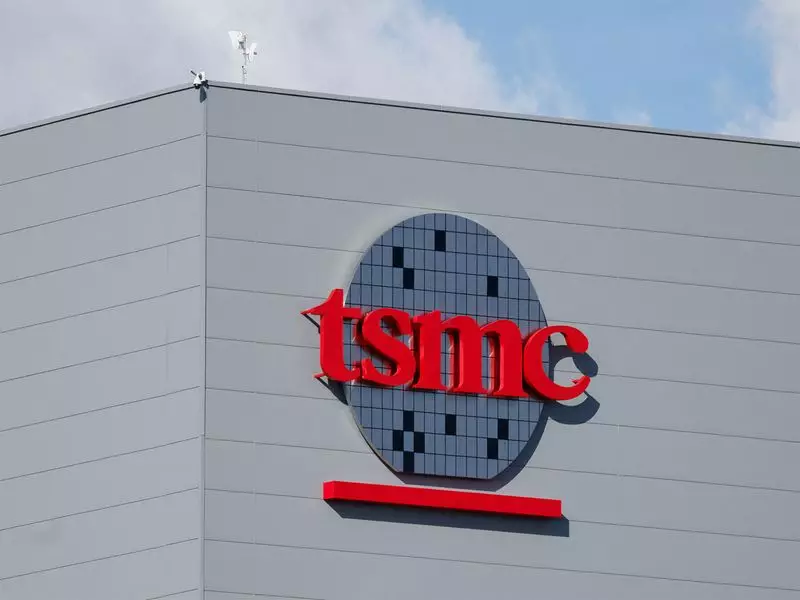
In a significant move that underscores its dominant position in the global semiconductor industry, Taiwan Semiconductor Manufacturing Company (TSMC) has greenlit a substantial capital investment plan while simultaneously rewarding its shareholders with increased dividends. The company's board of directors has approved a capital appropriation plan totaling a staggering US$14.98 billion, signaling aggressive expansion and technological advancement in the chip manufacturing sector.
Massive Capital Injection for Semiconductor Leadership
The approved capital of nearly $15 billion is earmarked for advancing TSMC's manufacturing capabilities and maintaining its competitive edge. This substantial investment will be allocated toward building advanced technology capacity and installing cutting-edge semiconductor equipment. The timing of this decision comes when global demand for chips continues to surge across various sectors, including automotive, consumer electronics, and artificial intelligence applications.
TSMC's bold move represents one of the largest capital expenditures in the semiconductor industry this year, demonstrating the company's commitment to staying at the forefront of chip manufacturing technology. The investment will likely strengthen TSMC's ability to produce more advanced nodes, potentially including 2-nanometer and even more sophisticated processes that are crucial for next-generation electronic devices.
Enhanced Dividend Payout for Shareholders
In addition to the massive capital appropriation plan, TSMC's board has approved a dividend increase to NT$4.50 per share for the second quarter of 2024. This decision marks a significant enhancement from previous payouts and reflects the company's strong financial performance and confidence in its future earnings potential.
The dividend announcement comes as welcome news to investors who have supported the company through various market cycles. The raised dividend represents TSMC's balanced approach to capital allocation - reinvesting heavily in business growth while simultaneously returning value to shareholders. This strategy has proven effective in maintaining investor confidence during periods of substantial capital expenditure.
Strategic Implications for Global Semiconductor Industry
TSMC's dual announcement carries profound implications for the global technology landscape. The $14.98 billion investment reinforces Taiwan's critical position in the worldwide semiconductor supply chain at a time when many countries are attempting to build their own chip manufacturing capabilities.
This massive capital infusion will likely accelerate the development of advanced semiconductor processes that power everything from smartphones to supercomputers. As the world's largest contract chipmaker, TSMC's technological advancements have ripple effects across the entire electronics industry, influencing product development timelines and capabilities for major technology companies worldwide.
The company's continued investment in research and development, coupled with manufacturing expansion, ensures that Moore's Law - the observation that computing power roughly doubles every two years - continues to hold true for the foreseeable future. This sustained technological progress is essential for emerging fields such as artificial intelligence, quantum computing, and the Internet of Things, all of which rely heavily on increasingly powerful and efficient semiconductors.
Meanwhile, the enhanced dividend payout strategy demonstrates TSMC's financial maturity and stability, making it an attractive investment despite the capital-intensive nature of the semiconductor industry. This balanced approach to capital management could set a precedent for other technology companies navigating the challenging landscape of rapid technological change and substantial investment requirements.






